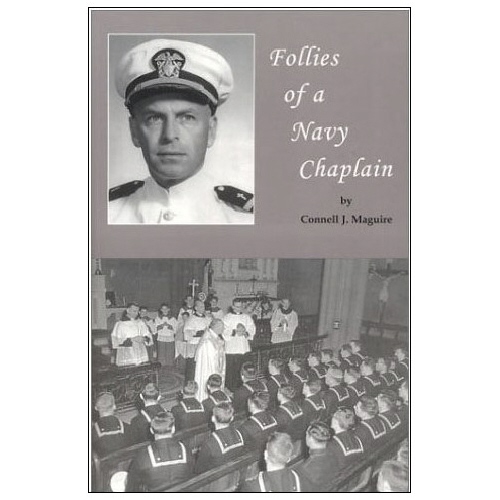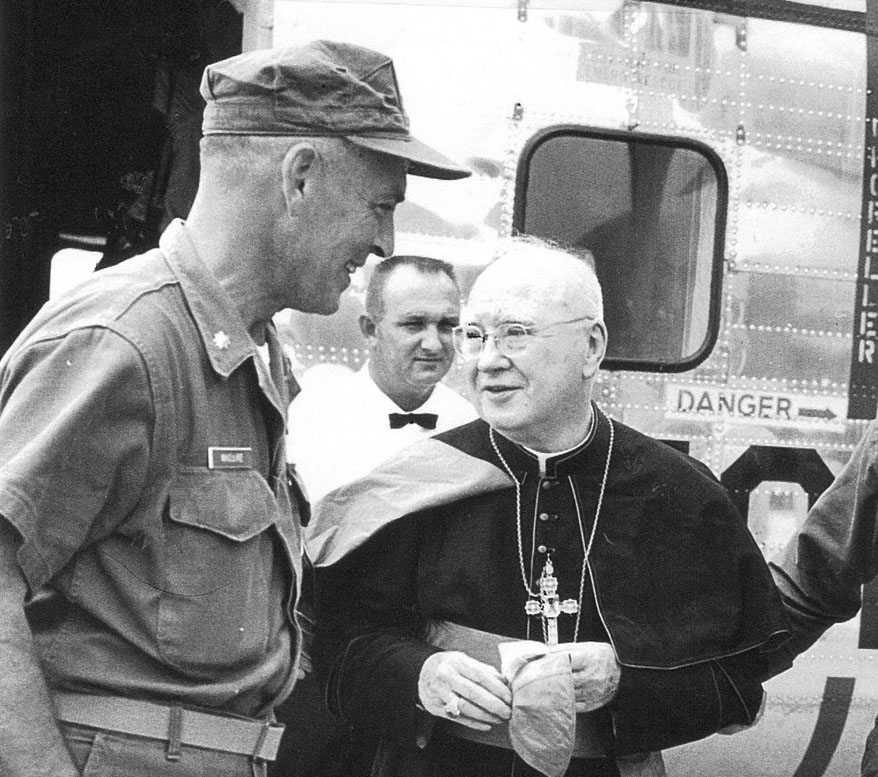
To Go Up Or Not to Go Up the River (excerpt)
Mister Ireland, I’ll call him. We used to see him in the autumn of his life, a bit bent, weary from working in landscaping, heading home. He was still a striking hulk of a man. We looked at him in awe because of the report that he had boxed champion Jack Johnson in the Army during World War I.
He had been in the same regiment with a Philadelphian wounded in the war, later a lawyer and candidate for judge. The prospective judge is well remembered because of the hullabaloo which occurred when his opponent accused him of trading on his wounds for political advantage. The criticism backfired with a vengeance.
Prohibition of alcohol was gone when we got to know Mister Ireland, but while it was in force, our man got in trouble for making moonshine. We heard that he added to his legal difficulties by throwing the plainclothes raiders out on the street.
There were sharpers abroad in those days who intimidated the accused and solicited money, promising to fix the case. My father was similarly beset for the same problem. Just this moment, I spoke with my brother in Milwaukee who witnessed and contributed to my father’s travail. In struggling to support seven children, my father brewed beer. Since people came in and out of the store, he could sell it unnoticed. The police were sympathetic and told him that he had been betrayed by a bad neighbor and they had to arrest him. Danny, then a wee boy, saw the police come inside from the store and asked them: “Do you want some beer?” A helpful son.
My father’s name was Barney so I’ll call Mister Ireland Barney too. He was approached by two men demanding some hundreds of dollars to fix his case. “If you don’t pay up, you’re going up the river,” they threatened. “Up the river” meant jail.
Barney refused to deal with them, took his chances and appeared in court. When his name came up, the judge looked back and forth at Barney and the name on the docket. “Are you the Barney Ireland who served in the Army in France in the World War?” He specified the Battalion and Regiment.
“I am, your Honor.”
The judge left the bench, came down and shook hands with Barney.
“What a great country this would be if we had more men like Barney Ireland.”
You might raise your eyebrows and question that statement, but wait on.
A lieutenant was wounded and lying exposed to enemy fire. Barney seized a machine gun and single-handedly drove the Germans away. He then ran out amid the crashing shells, picked up the lieutenant on his shoulders and carried him to safety. The lieutenant was now the judge.
The case was dismissed and the judge invited Barney to lunch.
As he left the courtroom, Barney encountered the two sharpers standing by the door who witnessed the whole scene. “See,” said Barney calmly. “I’m not going up the river.”
